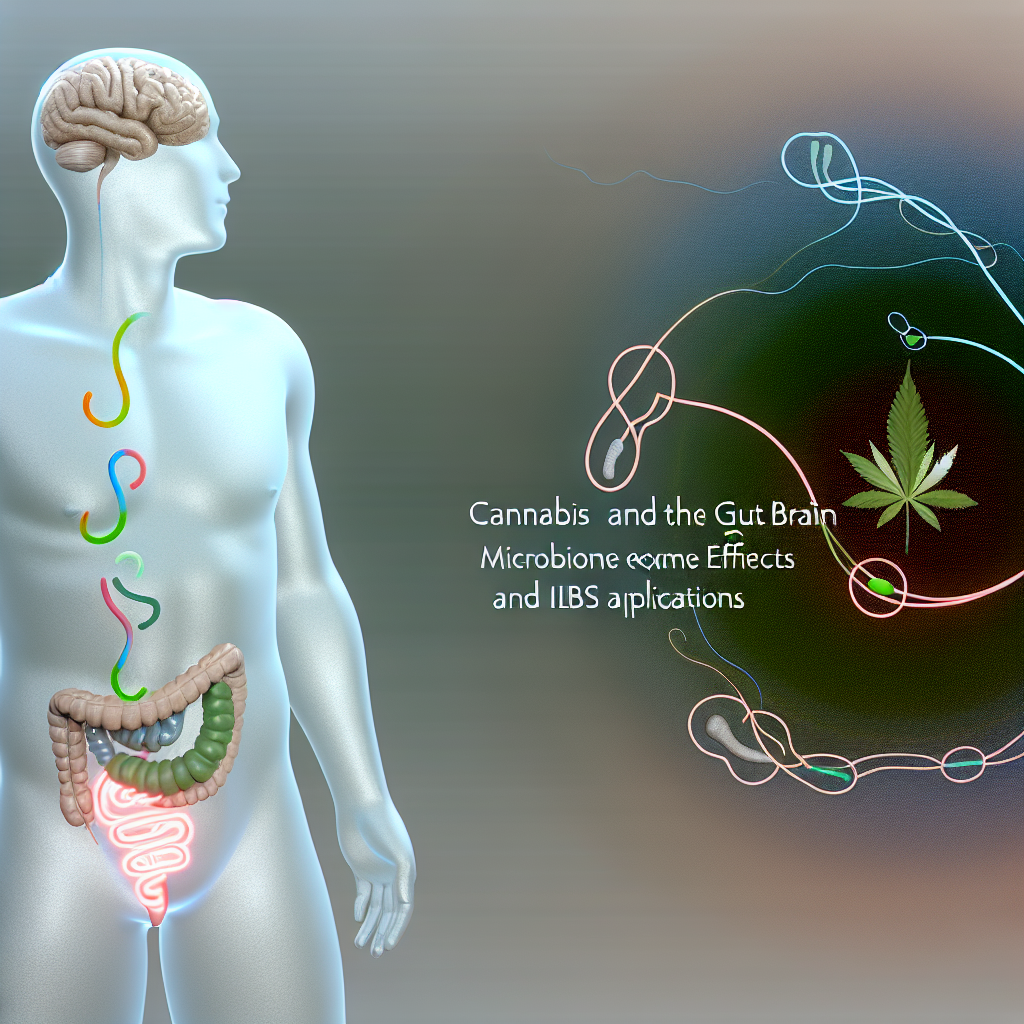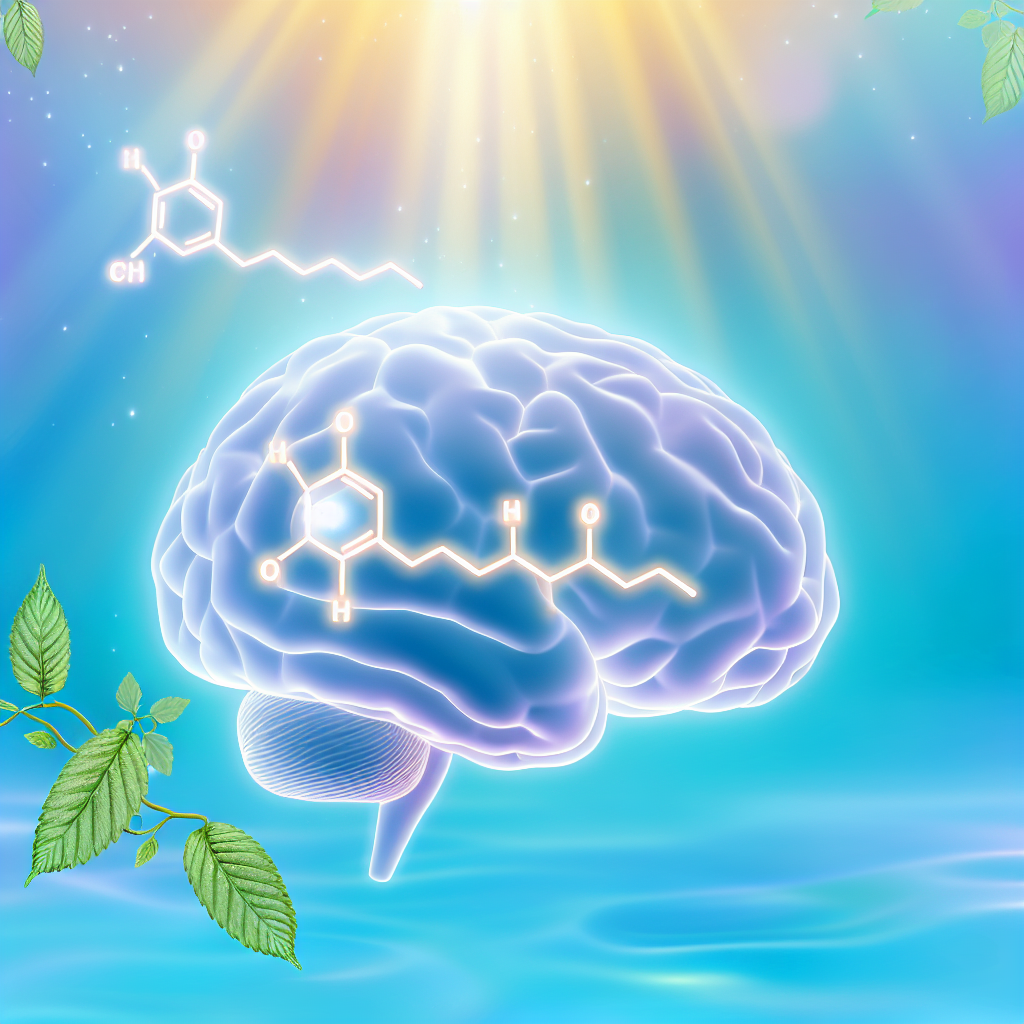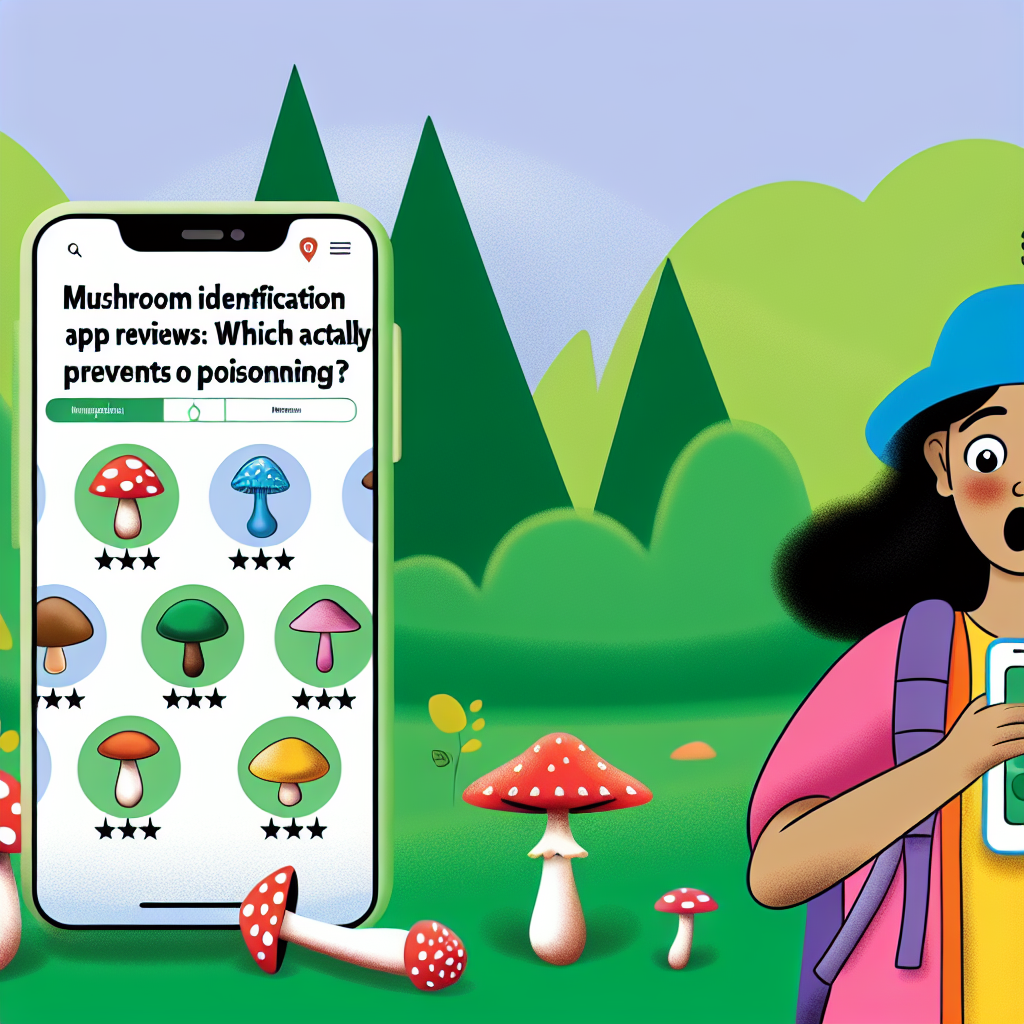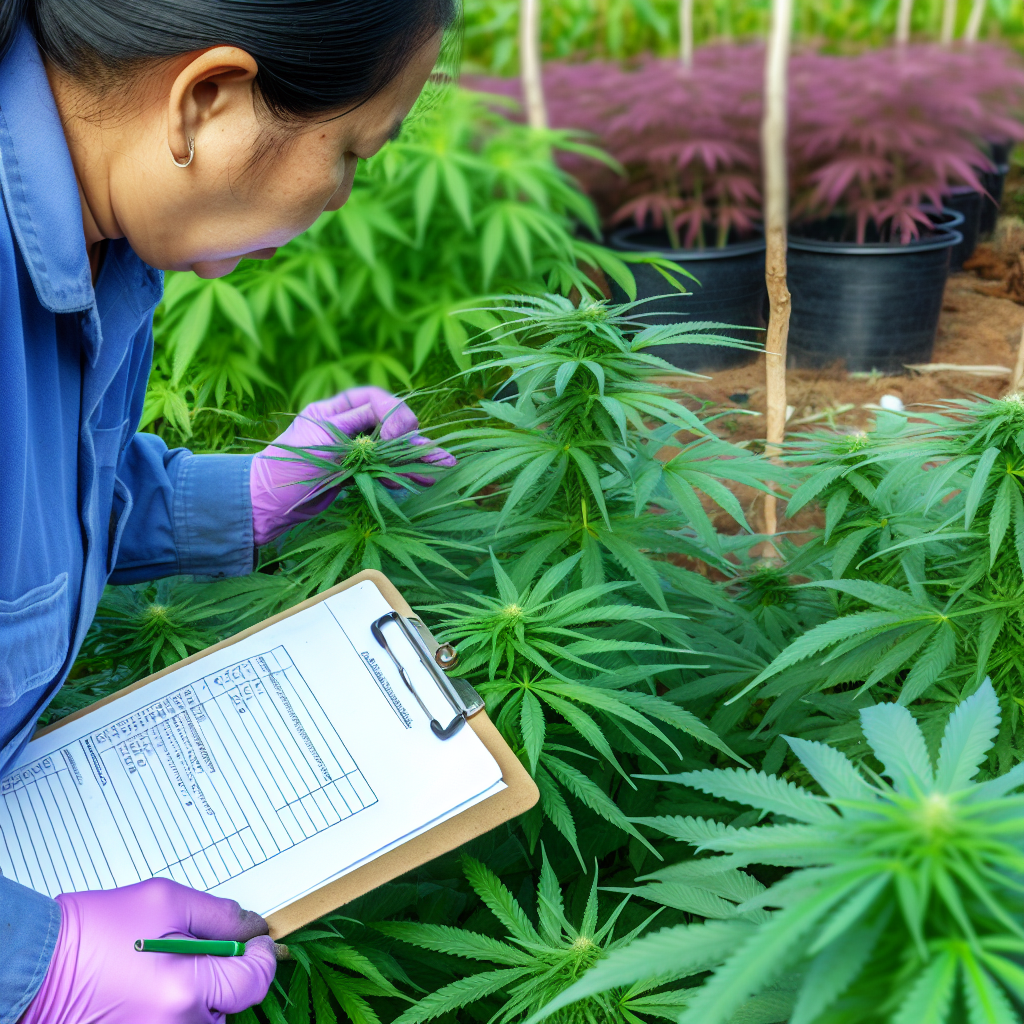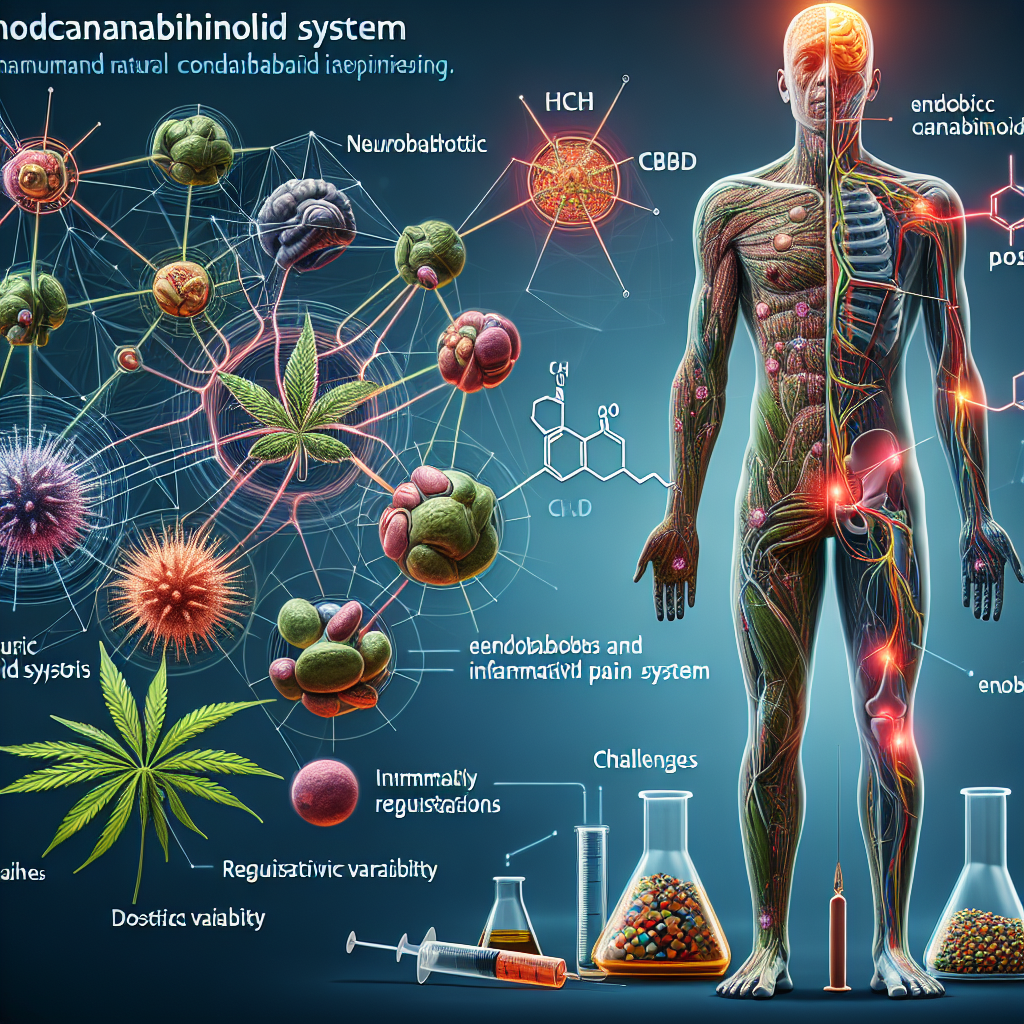Cannabis and the Gut-Brain Axis: Microbiome Effects and IBS Applications
Introduction: A New Frontier in Gut Health and Cannabis Research
Over the past decade, scientific understanding of the gut-brain axis has grown significantly, revealing a complex and dynamic communication network between the gastrointestinal (GI) tract and the central nervous system (CNS). This bidirectional connection, heavily influenced by the trillions of microorganisms residing in the gut—collectively known as the gut microbiome—plays a vital role in everything from mood regulation to immune function and systemic inflammation.
As research uncovers more about how the brain communicates with the digestive system, attention has shifted toward innovative therapies that can modulate this axis, particularly for chronic digestive disorders like irritable bowel syndrome (IBS). One increasingly studied and promising area involves the interaction between cannabis and the gut-brain axis.
How Cannabis Taps Into the Endocannabinoid System to Aid IBS
Multiple studies support the theory that the endocannabinoid system (ECS) modulates various aspects of gastrointestinal physiology including motility, secretion, appetite, and inflammation—all of which are central to the IBS pathology. For example, a study published in the journal *Neurogastroenterology and Motility* demonstrated that the ECS is actively involved in modulating visceral hypersensitivity—one of the key features of IBS. The study found that activating CB1 receptors reduced pain perception and normalized gut motility in animal models, paving the way for cannabinoid-based therapies for IBS and similar functional GI disorders.
CBD’s Dual Role: Soothing the Gut and Calming the Mind
CBD (cannabidiol), a non-psychoactive compound found in cannabis, has been shown to exert anti-inflammatory, anxiolytic, and gut-soothing effects. A 2021 research paper in the *World Journal of Gastroenterology* discussed how CBD interacts with serotonin receptors (namely 5-HT1A), which have known implications in both gut function and mood disorders.
Since IBS is often comorbid with anxiety and depression, CBD may offer a dual benefit, easing both gastroenteric symptoms and mood dysregulation. This dual action positions CBD as a versatile therapeutic agent on both ends of the gut-brain axis.
Cannabis and the Microbiome: A Symbiotic Relationship
From a microbiome perspective, cannabis may positively influence gut flora. A 2017 study in the journal *Frontiers in Pharmacology* analyzed fecal samples from cannabis users and non-users and found that cannabis users had a significantly different—and in several ways, healthier—gut microbiome composition.
The researchers hypothesized that the anti-inflammatory cannabinoids help regulate microbial diversity, support gut barrier integrity, and reduce inflammation-driven dysbiosis.
THC & CBD Boost Beneficial Bacteria in Preclinical Studies
Another 2022 study, published in *Nature*, explored how THC and CBD reduced intestinal inflammation by enhancing the growth of beneficial microbes such as *Bifidobacterium* and *Lactobacillus*. These changes were associated with improved mood and reduced gastrointestinal symptoms in animal models.
Though more human trials are needed, these findings reinforce the concept that cannabis not only treats symptoms of IBS but may also alter root causes tied to microbiome imbalances and immune dysregulation.
Clinical Use and Applications: What Doctors Are Beginning to Recommend
Professionals are taking notice. In countries where medical cannabis has been legalized, gastroenterologists are increasingly considering it as an option for treatment-resistant IBS. Some formulations, such as low-THC, high-CBD tinctures, are favored due to their lower psychoactivity and ability to offer systemic anti-inflammatory effects without the ‘high’. Others explore microdosing THC for improved motility and appetite regulation in patients with irregular bowel habits.
These integrative approaches, combining symptom relief with potential microbiome support, position cannabis as a unique multifaceted therapy in GI medicine.
Beyond IBS: Unlocking New Therapies Through the Gut-Brain-Cannabis Connection
The implications extend beyond symptom management. As researchers better understand how cannabinoids modulate microbial populations and influence CNS signaling, cannabis could emerge as a foundational therapeutic for a range of gut-brain related disorders—not just IBS, but also inflammatory bowel diseases (IBD), depression, anxiety, and even neurodegenerative diseases triggered or worsened by gut dysfunction.
With cannabis-based treatments, we’re no longer simply addressing symptoms—we’re engaging with systems.
Final Thoughts: Cannabis as a Gut-Brain Axis Modulator
The intersection between cannabis, the gut-brain axis, and the microbiome offers a powerful framework for understanding and managing IBS. Cannabinoids like CBD and THC may provide multi-layered benefits—from reducing visceral pain and inflammation to modulating the microbiota and supporting mental health.
While more clinical studies are essential to fully translate these findings into standardized treatments, the early evidence is promising, and cannabis stands at the forefront of the new medicine of the microbiome.
**Summary:**
The gut-brain axis is a complex communication network heavily influenced by the gut microbiome. Emerging research suggests that cannabis, through its interactions with the endocannabinoid system, can modulate various aspects of gastrointestinal function and potentially influence the gut microbiome. This opens up new avenues for the use of cannabis-based therapies, particularly in the management of irritable bowel syndrome (IBS) and other gut-brain related disorders.
**References:**
1. [The endocannabinoid system and gastrointestinal inflammation](https://www.frontiersin.org/articles/10.3389/fphar.2017.00859/full)
2. [Endocannabinoids and the gastrointestinal tract](https://onlinelibrary.wiley.com/doi/full/10.1111/nmo.13851)
3. [Cannabidiol in inflammatory bowel diseases: A brief overview](https://www.ncbi.nlm.nih.gov/pmc/articles/PMC7869758/)
4. [Impact of Cannabis Use on the Microbiome: A Study on the Gut-Immune-Brain Axis](https://www.nature.com/articles/s41586-022-04597-3)
5. [Cannabis, the gut microbiome, and the immune system: Interconnected networks influencing health and disease](https://www.sciencedirect.com/science/article/abs/pii/S0074774220300288)
